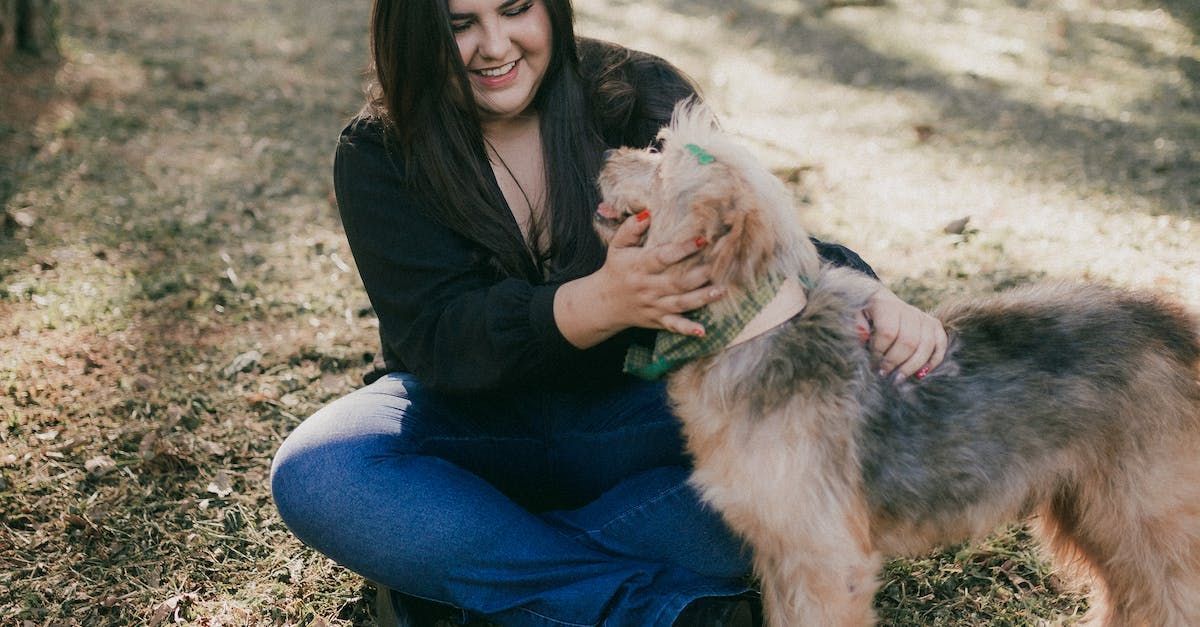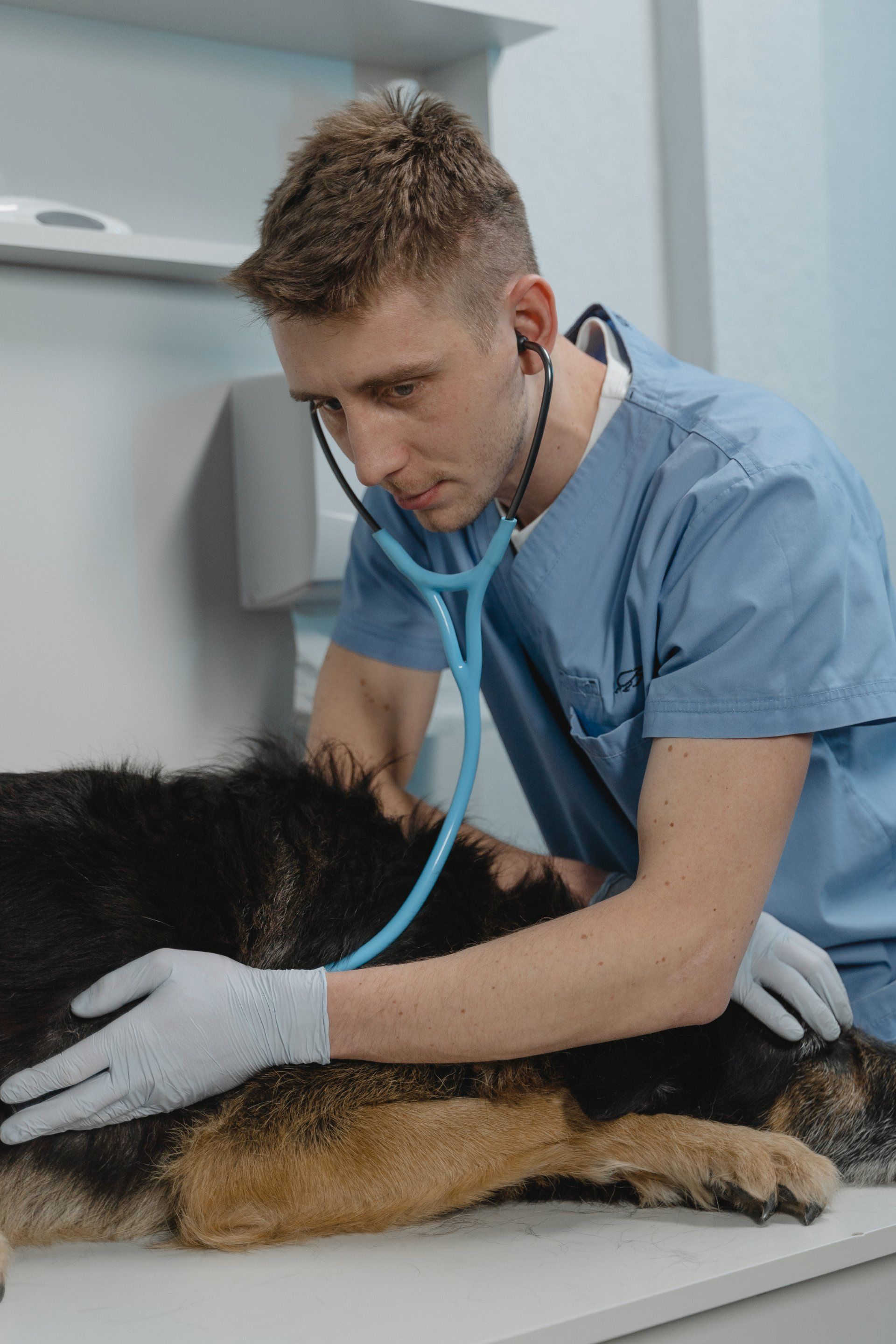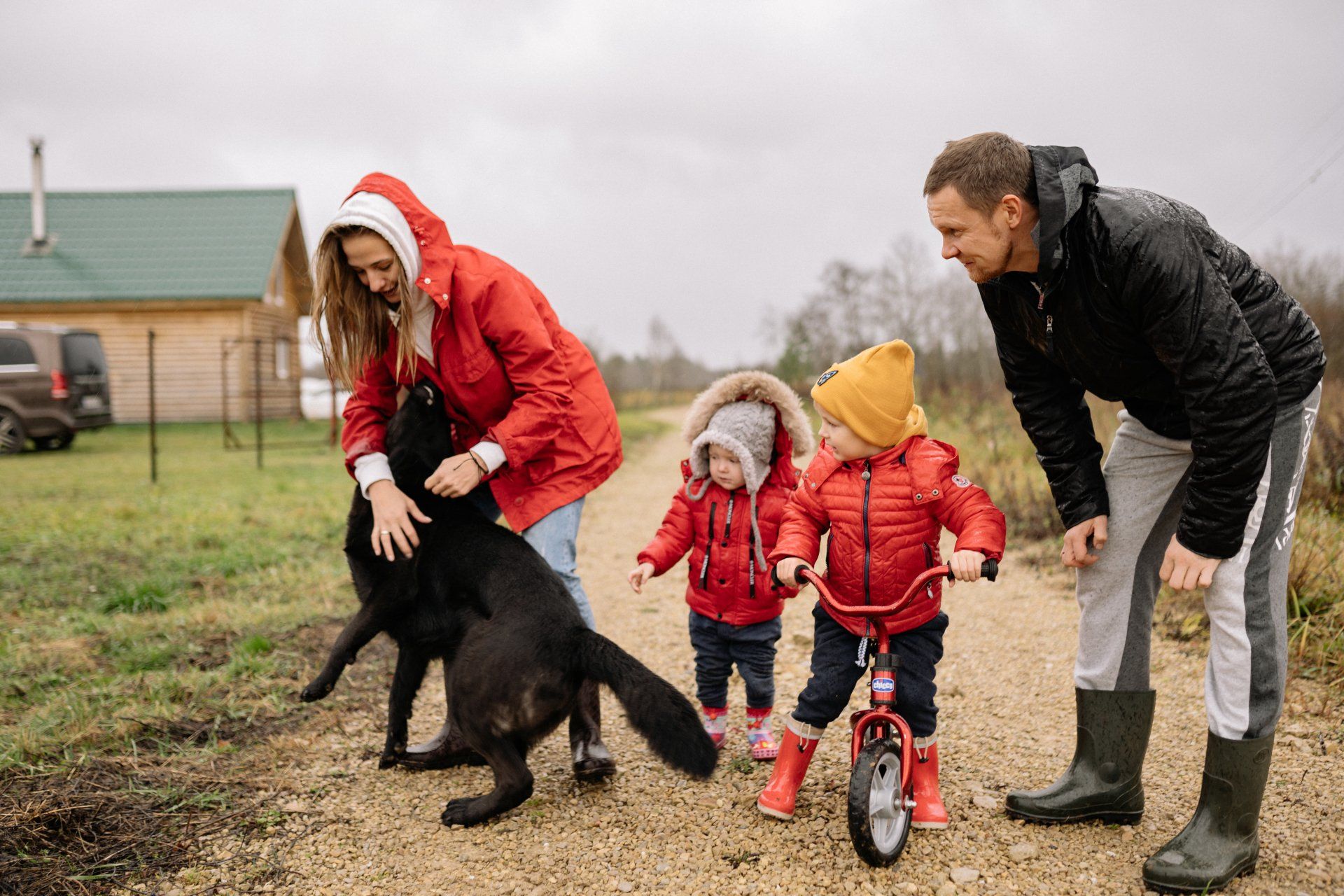Article
Should I adopt a senior dog?
Furiends, we may receive a small commission if you purchase products or services through our affiliate links.
After spending their entire lives being loyal and loving, some older dogs wind up abandoned or surrendered. Here are 5 compelling reasons to adopt a senior dog.
Furiends, we may receive a small commission if you purchase products or services through our affiliate links.
Benefits of adopting a senior dog
Adopting Adopting a senior dog can be an incredibly rewarding experience. Here are our Top 5 reasons to adopt a senior dog!
- NO CHEWING. These dogs have already gone through the puppy phase, so you won't have to worry about destructive chewing.
- HOUSE TRAINED. Many senior dogs are already housed trained and don't require the time and energy needed to train.
- GOOD COMPANIONS. Senior dogs are typically well-behaved and have a calm and gentle nature, making them the perfect companions for individuals or families with a more relaxed lifestyle.
- SAVING A LIFE. One of the greatest joys of adopting a senior dog is knowing that you are giving them a second chance at happiness. Many senior dogs have experienced loss or abandonment and are in desperate need of a loving home. By opening your heart and home to a senior dog, you are not only providing them with a safe and comfortable environment, but you are also giving them the love and companionship they deserve in their golden years.
- STRONG BONDS. Another benefit of adopting a senior dog is the immediate bond that is formed. These dogs have often experienced life's ups and downs, and they are incredibly grateful for the love and care they receive. They will show their appreciation through their unwavering loyalty and devotion. The bond between a senior dog and their adopter is often deep and profound, bringing immeasurable joy and fulfillment to both parties involved.
Common misconceptions about adopting senior dogs
Unfortunately, senior dogs are often overlooked in animal shelters and rescue organizations. Many people have misconceptions about adopting a senior dog, which can prevent them from considering these wise and loving animals as potential companions. Let's debunk some of the common myths surrounding senior dogs and shed light on the truth.
One common misconception is that senior dogs are not trainable. While it may be true that they might require a little more patience and understanding, senior dogs are still capable of learning new tricks and commands. With time, patience, and positive reinforcement, you'll be amazed at what a senior dog can achieve.
Another myth is that senior dogs are not energetic or playful. While they may not have the same level of energy as a young puppy, senior dogs still enjoy playtime and exercise. It's important to choose activities that are suitable for their age and physical condition. Short walks, gentle games of fetch, or interactive toys can keep senior dogs mentally and physically stimulated.
Health considerations for senior dogs
When adopting a senior dog, it's crucial to be aware of their specific health needs. Just like humans, senior dogs may require additional medical attention and care. Regular check-ups with a veterinarian are necessary to monitor their overall health and catch any potential issues early on.
Senior dogs are more prone to certain health conditions such as arthritis, dental disease, and vision or hearing loss. It's important to provide them with a comfortable and safe environment that accommodates their specific needs. Soft bedding, non-slip surfaces, and regular grooming can help alleviate any discomfort they may experience.
Proper nutrition is also vital for senior dogs. Their dietary requirements may change as they age, and they'll need a balanced diet that supports their overall health and well-being. Consulting with a veterinarian or a professional dog nutritionist can help you determine the best diet for your senior dog.

Senior dog behavior and mobility
Understanding the behavior of senior dogs can help create a harmonious and loving relationship. Senior dogs have often been through various life experiences and may have unique quirks or habits. Patience and understanding are key when it comes to navigating their behavior.
It's important to establish a routine for your senior dog to provide them with a sense of stability and security. They thrive on consistency and will feel more at ease when they know what to expect. Additionally, positive reinforcement and training m can be highly effective in teaching new behaviors or reinforcing existing ones.
Remember, senior dogs may take longer to adjust to their new surroundings, so be patient and give them the time they need to settle in. With love, patience, and consistent training, your senior dog will become an integral part of your family in no time.
Dog Ramps 101: Everything You Need to Know Before You Buy➡️
Creating a comfortable environment for your senior dog
By making a few adjustments to your home, you can provide them with a safe and cozy space where they can relax and enjoy their golden years.
First and foremost, ensure that your home is a hazard-free zone. Remove any items that could pose a risk to your senior dog, such as toxic plants, small objects that can be swallowed, or electrical cords that they may trip over. Consider using baby gates to restrict access to certain areas of your home, especially if there are stairs or other potential dangers.
Provide easy access to food and water and consider using gentle ramps or stairs to help them navigate elevated surfaces. Give your senior dog a soft and supportive bed that is easy for them to get in and out of. Orthopedic beds are particularly beneficial for dogs with joint or mobility issues. Place their bed in a quiet and peaceful area of your home, away from high traffic areas or loud noises.
Consider the temperature in your home as well. Senior dogs may be more sensitive to extreme temperatures, so ensure that they have a comfortable environment. During hot weather, provide them with access to shade and fresh water, and during colder months, consider using doggy sweaters or blankets to keep them warm.
Lastly, don't forget to include them in your daily routine. Spend quality time with your senior dog, whether it's cuddling on the couch, going for short walks, or simply sitting together in the backyard. Your presence and attention are incredibly important to them.
Senior dog nutrition and exercise
Proper nutrition and exercise are critical for the health and well-being of senior dogs. As they age, their dietary needs may change, and it's important to feed them a balanced diet that supports their overall health.
Best Dog Food for Seniors: The Secret Sauce ➡️
Consult with your veterinarian to determine the best diet for your senior dog. They may require a diet that is lower in calories to prevent weight gain or a diet that is specially formulated to address specific health concerns. Regular meals are important but be mindful of portion sizes to avoid overfeeding.
Exercise is also vital for senior dogs, albeit at a lower intensity compared to their younger counterparts. Short, gentle walks can help keep their joints mobile and their muscles strong. Regular exercise can also provide mental stimulation and prevent boredom.
However, it's important to listen to your senior dog's cues and adjust their exercise routine accordingly. They may need more frequent breaks, shorter walks, or alternative activities that are less physically demanding. Always prioritize their comfort and well-being when it comes to exercise.

Senior Dog Grooming
Regular grooming sessions can help maintain their coat, prevent matting, and keep their skin clean and free from irritations. Brushing their teeth regularly is also necessary for their dental and overall health. Dental disease is common in senior dogs, and proper oral hygiene can help prevent tooth decay, gum disease, and other dental issues. Use a dog-specific toothbrush and toothpaste to brush their teeth or consider dental chews or water additives to promote oral health.
Veterinary checkups
Your senior companion may also benefit from joint supplements or medications to alleviate any discomfort caused by arthritis or joint issues. Consult with your veterinarian to determine the best course of action for your senior dog's specific needs.
Regular vet check-ups are required for senior dogs to monitor their overall health and catch any potential issues early on. Establish a relationship with a trusted veterinarian who can provide the necessary care and guidance for your senior dog's well-being.
Senior dog adoption resources and organizations
If you're considering adopting a senior dog, there are numerous resources and organizations dedicated to finding loving homes for these wise and deserving animals. Local animal shelters and rescue groups often have senior dogs available for adoption, and they can provide valuable information and support throughout the adoption process.
Online platforms and websites such as Petfinder and Adopt-a-Pet also have dedicated sections for senior dogs available for adoption. These platforms allow you to search for senior dogs based on your location and specific preferences, making it easier to find your perfect match.
Additionally, there are organizations and initiatives that focus specifically on the rescue, rehabilitation, and adoption of senior dogs. These organizations provide a wealth of resources, including information on senior dog care, adoption success stories, and guidance on how to navigate the unique challenges and joys of adopting a senior dog.

Conclusion: the joy of adopting a senior dog
Addopting a senior dog is a decision that can bring immense happiness and fulfillment to both the adopter and the dog.
- By adopting a senior dog, you are not only changing their life but also your own. The love and companionship they bring are immeasurable, and you'll find that the joy they bring to your life far outweighs any challenges you may encounter along the way.
- In a world that often overlooks them, senior dogs deserve a chance at finding happiness in their golden years. They may have a little gray around their muzzle and a slower gait, but they make up for it with a lifetime of wisdom and devotion.
- These remarkable creatures possess a special ability to provide comfort, unconditional love, and companionship to those willing to open their hearts.
